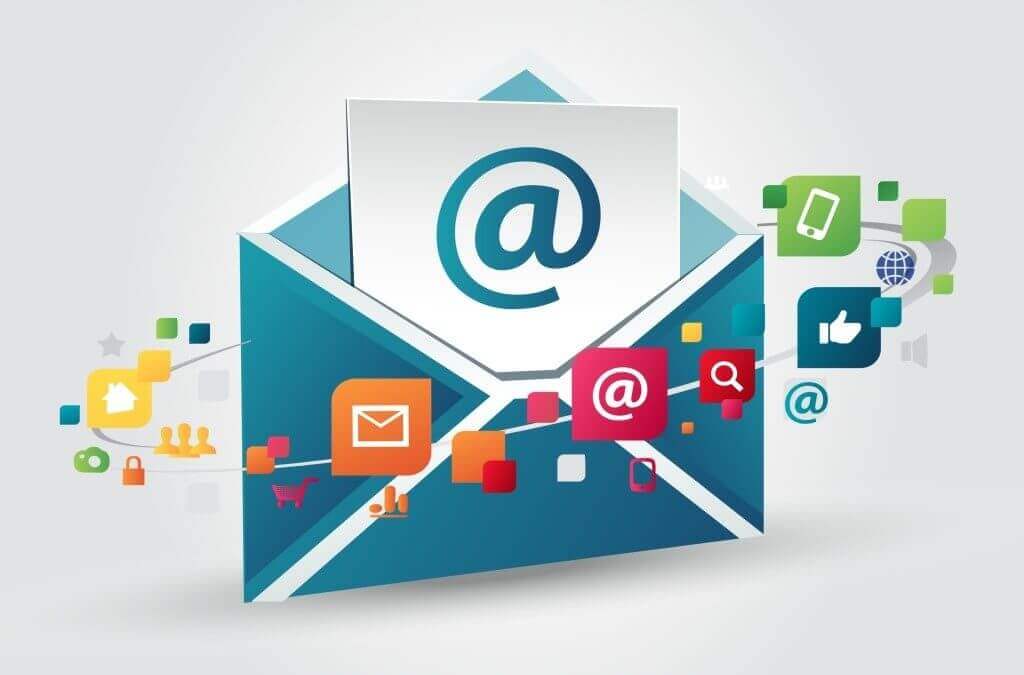
A study from Cornell University’s School showed that encouraging consumers to savour an upcoming experience can make waiting time more pleasurable and can heighten the enjoyment of the actual experience.
NB: This is an article from GuestCentric
The key moment to prepare the in house service
Every time a digital marketing strategy is up for discussion, we realise that many hoteliers tend to think pre-arrival communication isn’t really that important – the guest has already booked, the occupancy is guaranteed, so let’s focus on when the guest is actually at the hotel. Right? It shouldn’t have to be that way. Only communicating with guests when they are in house is not enough.
The marketing of a hotel can play a big role with pre-, in- and post-stay messaging in order to engage the customer. Whenever we come across the absence of a sharp-eyed marketing hotelier mindset, we should go straight to the point and uncover things like: guest loyalty and revenue increment, as crucial topics to be focused on.
When does the real experience begin?
A Hotel strategy should embrace the idea that the true guest experience starts the moment they book a room, not only when they arrive at the property. Adequate communication with guests before they arrive can greatly improve the quality of their stay, ultimately turning them into returning customers and evangelists of that hotel. A study from Cornell University’s School showed that encouraging consumers to savour an upcoming experience can make waiting time more pleasurable and can heighten enjoyment of the actual experience. So here, Independent hotel chains have here a golden opportunity to take advantage of their polished service (vs big chains) on how to deliver an exquisite assistance in all levels.
We are here to tell you about how with marketing in hospitality can leverage to product diferentiation in a way that can take guest experience to the next level even before the check-in.
How to make pre-arrival e-mail more click-worthy.
Let’s put ourselves in the guests’ shoes: imagine you and your partner are going out of town and already booked a hotel for two nights. As the awaited stay date approaches, you start to dream of getting a nice spa treatment to recharge your batteries once you arrive the hotel… Wasn’t it perfect for you to receive an email from the hotel suggesting to book a massage in advance and because of that you would got a special discount?
Yes, of course.
We recommend the pre-arrival email should be sent two days before the guest’s reservation begins. This email is to confrm their stay as well as to provide any necessary information and make sure guest experience is at its best.
Here are five powerful ideas that we recommend to create a click worthy pre-stay e-mail, check them out.
1. Recommend and up-sell services
Share with the guest the services he/she should expect at the hotel: propose dining reservations in advance, spa treatments and an upgrade to the room with a discounted rate.
2. Local tours and activities during stay
Show that the hotel can give travel tips like no other. Make suggestions and ofer hotel services to take care of everything if needed.
3. Keep up the direct beat
Highlight the direct booking bonus continuously and make it clear that by booking direct the guest will receive certain benefts.
4. Track trafc source of specifc pages
Include hyperlinks over words such as “Events”, “Restaurant”, “Spa” and “Experiences”, etc. to your website pages. Remember to attach a UTM code* to those links to be able to track that trafc through Google Analytics.
*UTM code: a special code that can be added to the end of any URL to track clicks and performance of marketing activities.
5. Remind the guest of booked services
Like the original confrmation email, you can and should include the booking details in a pre-arrival e-mail like confrmation number, arrival and departure dates, room type, occupancy, weather forecast and the edit reservation link.
Conclusion
You may be reluctant initially, preparing and sending a pre-stay e-mail due to the time dedication and/or technical unfamiliarity with what your system allows you to customise. Nevertheless, we believe that communicating with guests is key to engaging with all types of travellers independently of their age or motive for travelling (leisure or business). Nowadays, people are looking to feel a connection with the hotel they stay at with a unique experience throughout the whole booking and stay process. If hotels manage to keep up a strong momentum throughout the guest journey, a long-lasting relationship will naturally develop.




